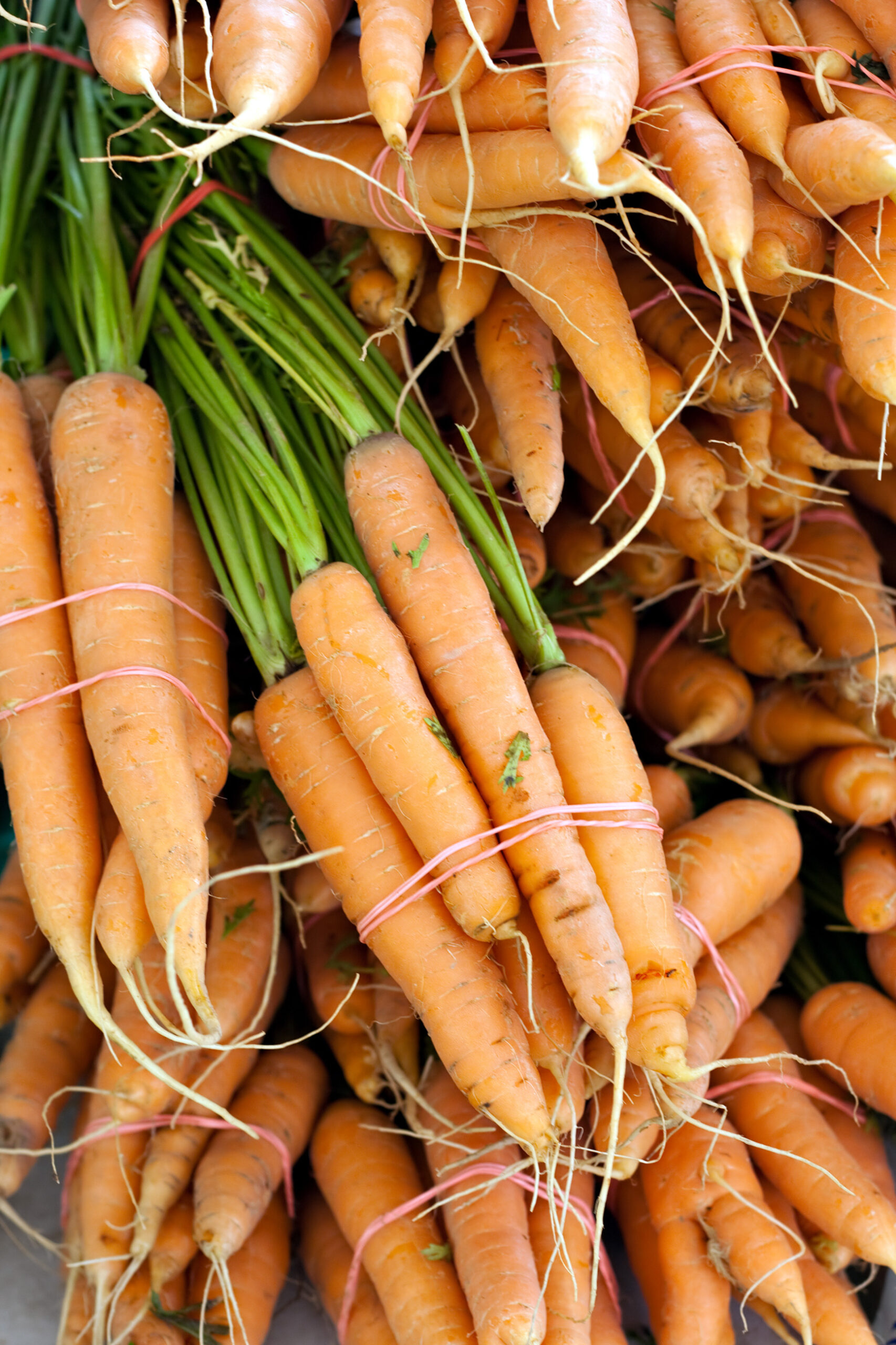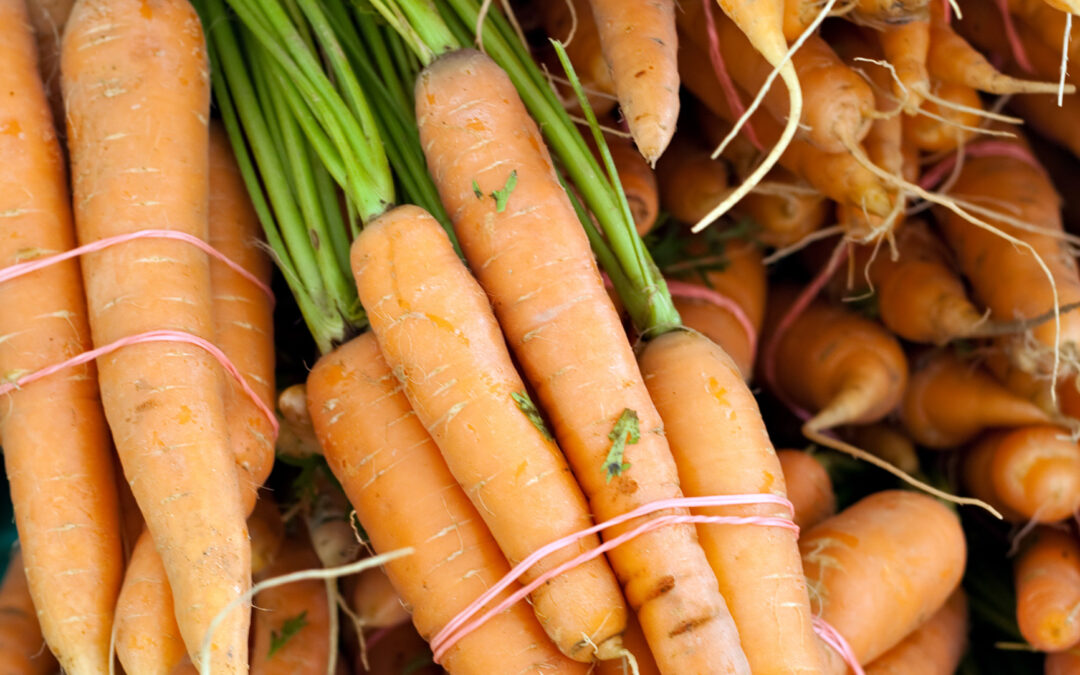Organic gardening is a great way to grow your own food and enjoy the many benefits of eating fresh, healthy produce. With organic gardening, you can avoid the use of synthetic pesticides and fertilizers that are often used in conventional farming methods. Instead, you’ll rely on natural techniques such as composting, crop rotation, and companion planting to keep your plants thriving. In this article, we’ll explore some tips for getting started with organic gardening, along with common mistakes to avoid.
The Benefits of Organic Gardening
There are numerous reasons why people choose to practice organic gardening. For one thing, it allows them to have more control over what they eat. By growing their own fruits and vegetables, they know exactly where their food comes from and how it was grown. Additionally, organic gardening is better for the environment because it doesn’t contribute to pollution or harm wildlife. It also promotes sustainability by reducing waste and conserving resources. Finally, organically grown produce tends to be tastier and more nutritious than conventionally grown crops.
Getting Started with Organic Gardening
If you’re new to organic gardening, there are several things you need to do before you start digging up your yard. First, consider the location of your garden. Choose an area that gets plenty of sunlight and has good drainage. You may want to test your soil to see if it needs amending with compost or other materials. Once you’ve chosen your site and prepared the soil, it’s time to select your seeds or seedlings. Look for heirloom varieties that are well-suited to your climate and growing conditions.
Tips for Successful Organic Gardening
To ensure successful organic gardening, there are several tips you should follow. One important tip is to maintain healthy soil. This means adding compost and other organic matter regularly and using cover crops to prevent erosion and improve soil structure. Another key factor is to attract beneficial insects to your garden. These include ladybugs, lacewings, and parasitic wasps, which help control pests without the use of chemicals. You can also rotate your crops each year to reduce pest pressure and promote diversity.
Common Mistakes to Avoid in Organic Gardening
While organic gardening is generally safe and effective, there are some common mistakes that beginners make. One mistake is not providing enough water to their plants. Without adequate moisture, plants can become stressed and susceptible to disease. Another mistake is not controlling pests early enough. If left unchecked, pests can quickly take over your garden and destroy your crops. Finally, don’t forget to harvest your crops when they’re ripe. Overripe fruit can attract pests and diseases, so it’s essential to stay on top of your harvests.
In conclusion, organic gardening offers numerous benefits, including better taste, improved nutrition, and reduced environmental impact. To get started with organic gardening, choose a suitable location, prepare your soil, select appropriate seeds or seedlings, and follow best practices like maintaining healthy soil, attracting beneficial insects, rotating crops, and avoiding common mistakes like underwatering, neglecting pest control, and letting crops go to waste.

Related Content
- Organic Gardening 101: Everything You Need to Know to Get Started
- Growing Your Own Food: The Joy and Rewards of Organic Gardening
- The Benefits of Homegrown Produce: Why You Should Consider Starting a Home Farm
- Making Comfrey Salve for Homestead Healing
- Worm Farming for Efficient Homestead Waste Management





